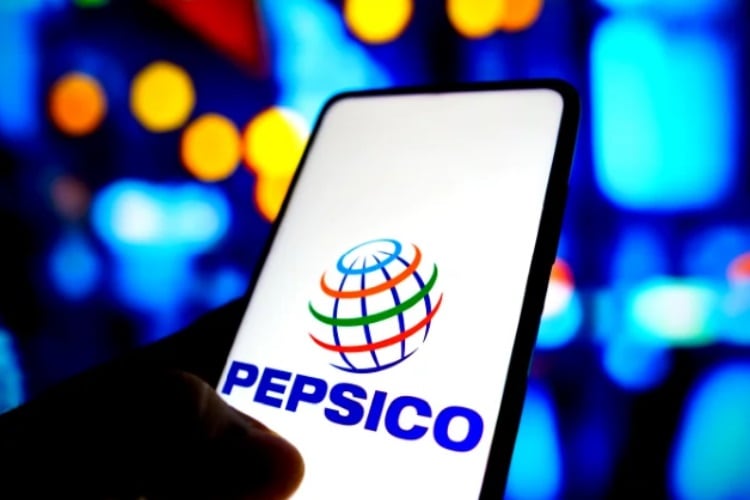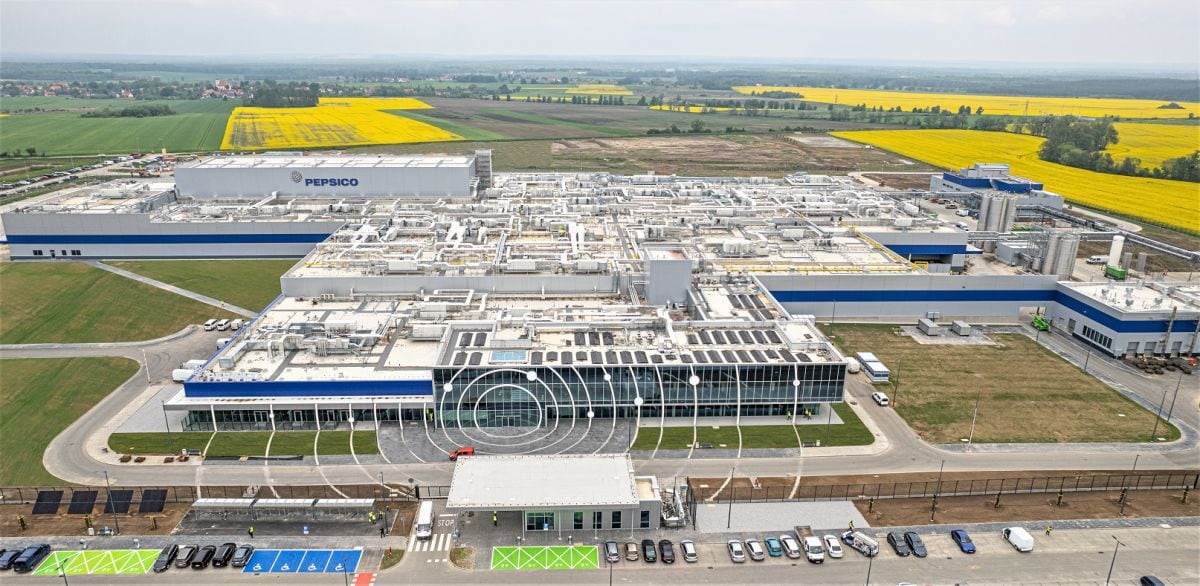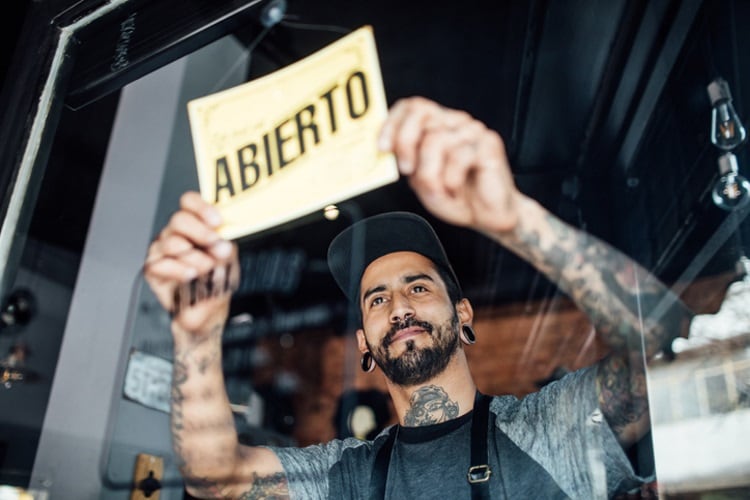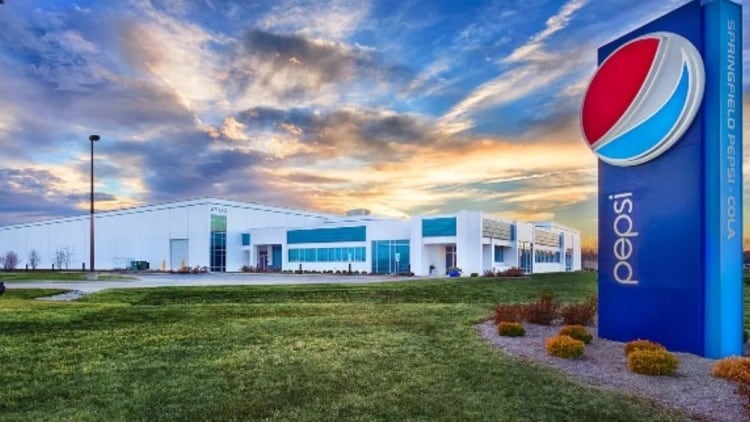Indonesia consumers have been without Lays, Cheetos and Doritos for the past three years, after the snacking giant’s affiliate - Fritolay Netherlands Holding BV - ended a 30-year joint venture with PT Indofood CBP Sukses Makmur (ICBP), a unit of Indonesia’s largest food company Indofood Group in 2021.
ICBP purchased the entirety of Fritolay’s shares (49%) for IDR 494 billion ($35.13m).
The two had entered the JV in 1990 to produce and distribute Frito-Lay snacks throughout Indonesia.
No reason was given for the termination, but a statement by Indofood stated that Fritolay, PepsiCo and its other affiliates were banned from producing, selling, marketing or distributing PepsiCo-branded snacks in the country for three years. The Cikarang plant is expected to be operational a year after that agreed period of inactivity.
Halal snacks
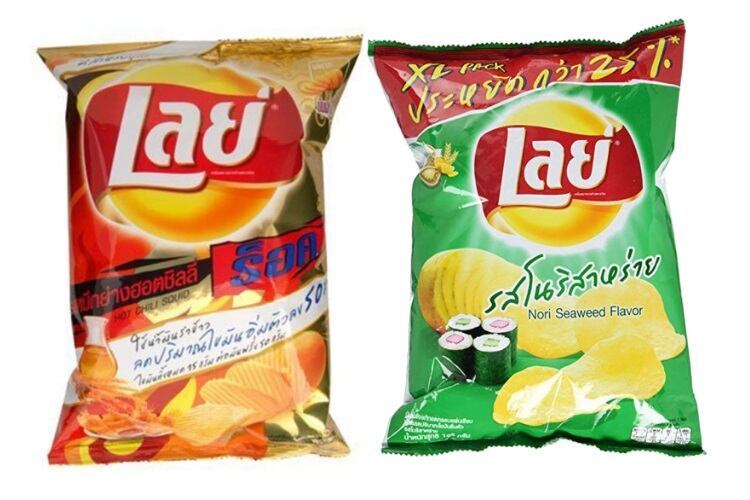
Owned and operated entirely by PepsiCo, the 60,000m2 factory will produce specially tailored snacks to meet the demands of halal consumers in Indonesia and beyond, PepsiCo Indonesia CEO Asif Mobin said during the groundbreaking ceremony.
“This venture marks just the beginning of our direct investment in Indonesia,” said Asif.
“While our immediate focus is on the Indonesian market, we hold ambitions of supplying export markets from this hub … and we anticipate manufacturing other products on this site in the future.
“Recognising the rapid growth potential of the halal market, our goal is to cater to markets with a strong preference for halal products.”
A snack preference poll conducted in 2021 in the country found 56% of respondents prefer branded snacks versus 34% who veer towards cheaper, non-branded snacks. As such, the market for small producers has blossomed and the snack market, currently valued at $37.9bn - is expected to grow at a 7.59% CAGR over the next five years (Statista).
Unparalleled opportunities
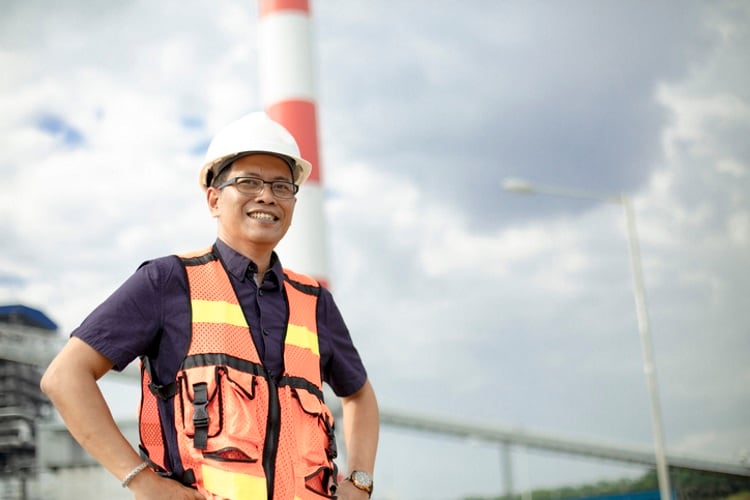
The global snack major’s decision to return was smoothed by investment incentives provided by the Indonesian government.
The new plant will also generate significant employment opportunities for Indonesians.
PepsiCo said its new facility “underscores a broader vision: prioritising local talent, harnessing local raw materials and strengthening the domestic value chain.
“With its rapidly expanding economy, dynamic demographic profile and evolving consumer needs, Indonesia presents unparalleled opportunities, particularly in the F&B sector.
“Recognising this potential, the Indonesian government has shaped policies to cultivate a vibrant investment climate. Aligning with this favourable landscape, PepsiCo Indonesia has reaffirmed its long-term investment commitment to the country.”
PepsiCo has pledged to source most of the raw materials for its snacks - like palm oil and corn - from sustainable sources and to use renewable power sources.
In July, PepsiCo raised its full-year guidance on the back of ‘strong’ business momentum in the second quarter.
“Moving forward, we will look to elevate our focus on productivity initiatives to further support investments in innovation, brand building, digitalisation and sustainability to win in the marketplace and fortify our businesses for the long-term,” said CEO Ramon Laguarta.


